






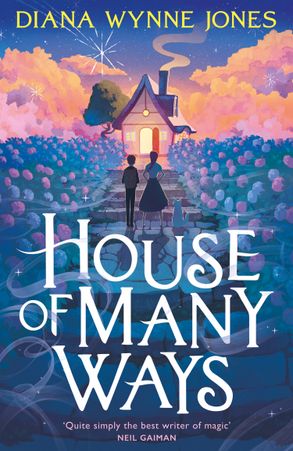










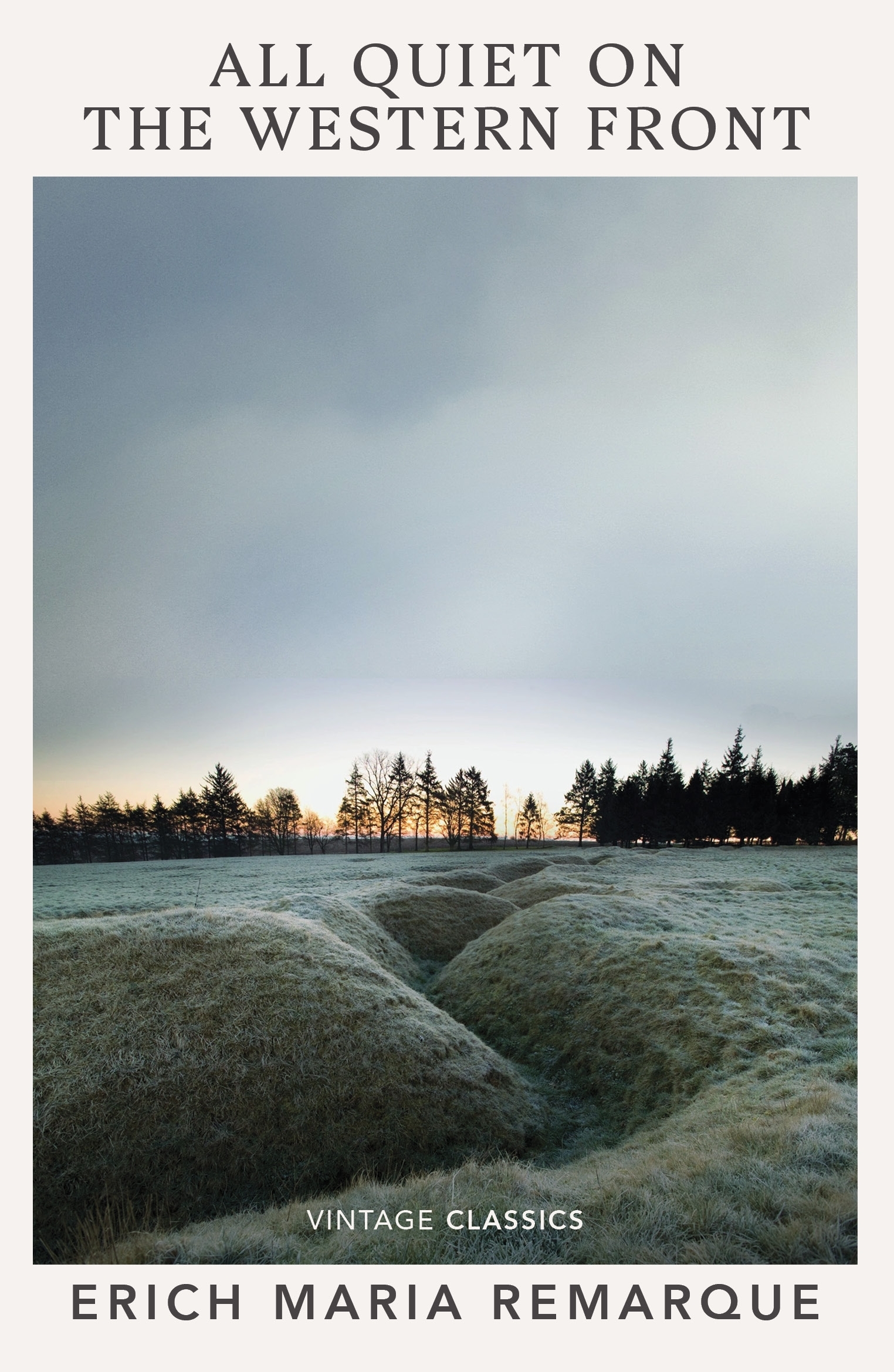








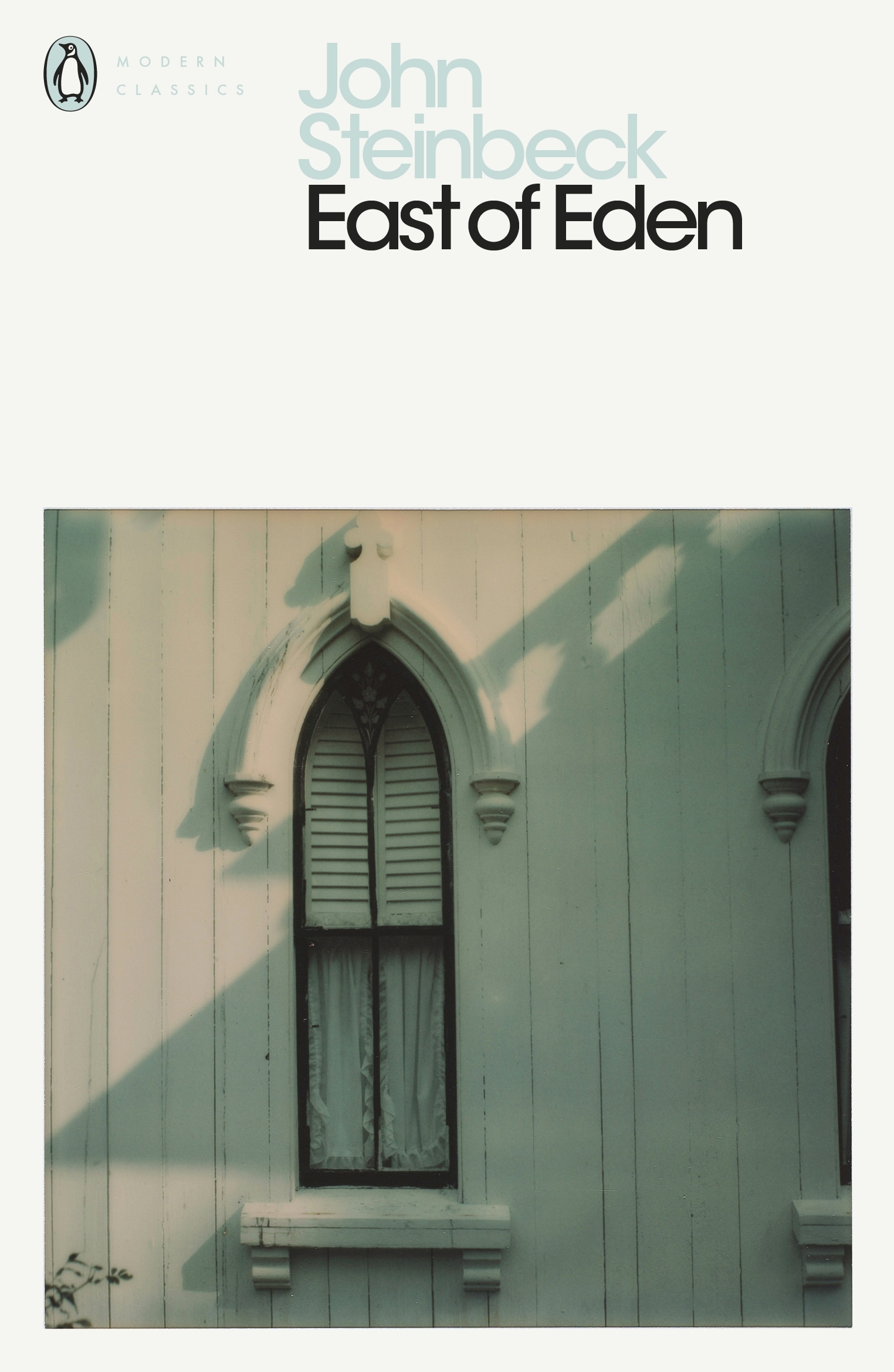
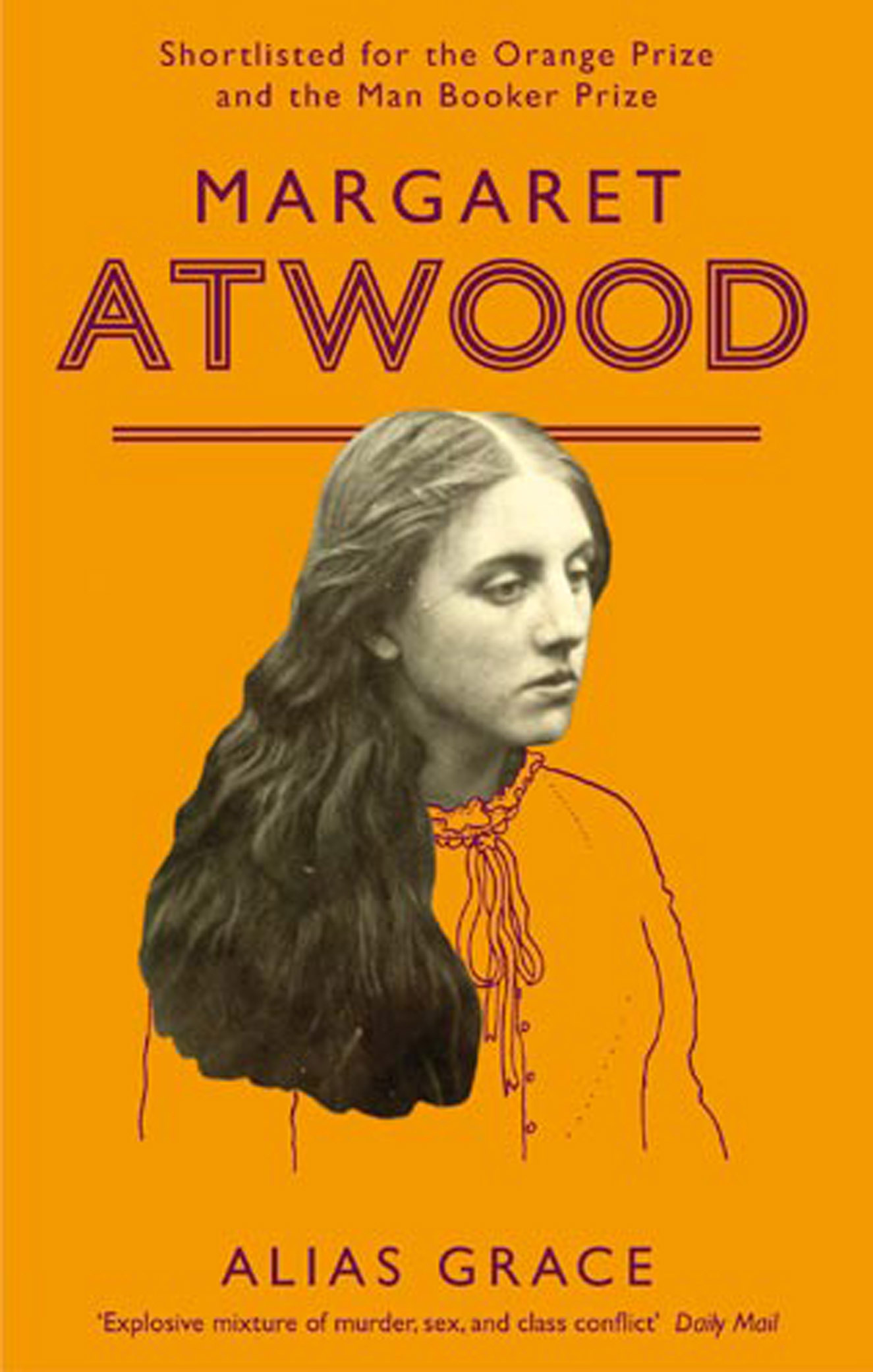
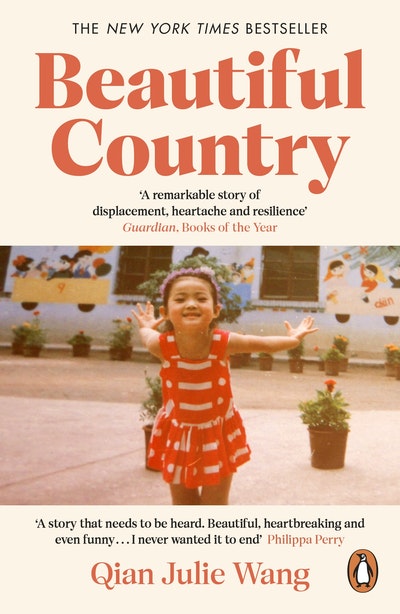







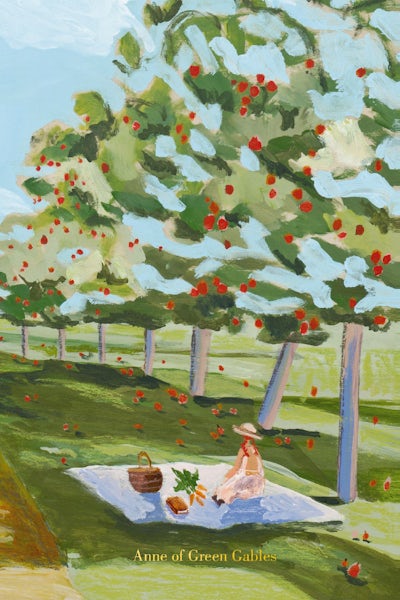

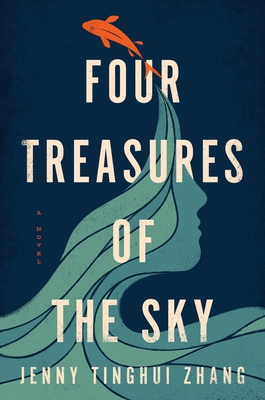


This is where I started on my AoaB light novel journey. I started the story from the manga (a crime, I am aware), but decided to face my fear of serialised novels and continue the story from the light novel, as Part 1 Volume 7 was not available on Libby (was it meant to be?). AoaB is particularly long to me, which I absolutely love and am scared of. Being able to follow the characters for such a long time is truly a treat, but it's intimidating for some reason...Reading the manga source material was leagues better, who would've thought, but I'm glad I started with the manga to orient myself to how the world and characters appear. It makes for visualising what I read easier.

An important read, but very disturbing. I'd say that the meandering wasn't the biggest flaw of this book, but rather my difficulties in understanding the Chinese literary and cultural references embedded as metaphor throughout the novel. I found the meandering to be quite effective in expressing the torturous mental ruminations which Iwen and Si-Chi experience everyday for years on end - it felt agonising. To be able to simply put down the novel to take a break from reading such disturbing scenes over and over again is a privilege in itself. People live through this everyday.
I have no sympathy for Lee nor Chien. I was constantly shaking my head in disapproval, disgust, or plain bewilderment. How one becomes so twisted and delusional is beyond me. Burn in hell!

The prose is so gorgeous, Legs and Juno are so gorgeous, and everything is so very Irish. There's simultaneously so much love and neglect woven into Juno's life that it feels disorienting at times (in a good way!) because I feel lost and frustrated for her. Geary's prose flows so smoothly and I don't remember the last time I read something that did so.

Probably not a good thing that I resonate with Holden's character so much. Truly the worst parts of my character shown through him. His contradictory mindset is probably what resonated with me the most. I don't remember if I was always like this.
Honestly, I can see his good character hidden under the assholery more often than not. I felt like crying a bit when he talked about his dreams of being the catcher in the rye. I still feel too small for this world.
I was almost about to give up at the halfway mark, but I'm glad I pulled through.

This book made me feel inexplicable, childlike joy. Moominvalley did not have a prominent presence where I grew up, and I'm left wishing that I had known of these beautiful creatures sooner, and had the chance to grow up with them.
Underneath the childlike whimsy and lush descriptions is a tone of melancholy that I cannot quite shake off. It's comforting.

I too, like to blog and sleep and will die someday. Tori Spring, I love you. Michael Holden, I love you. Something about the depressed Tumblr girl really scratches a good itch in my brain.
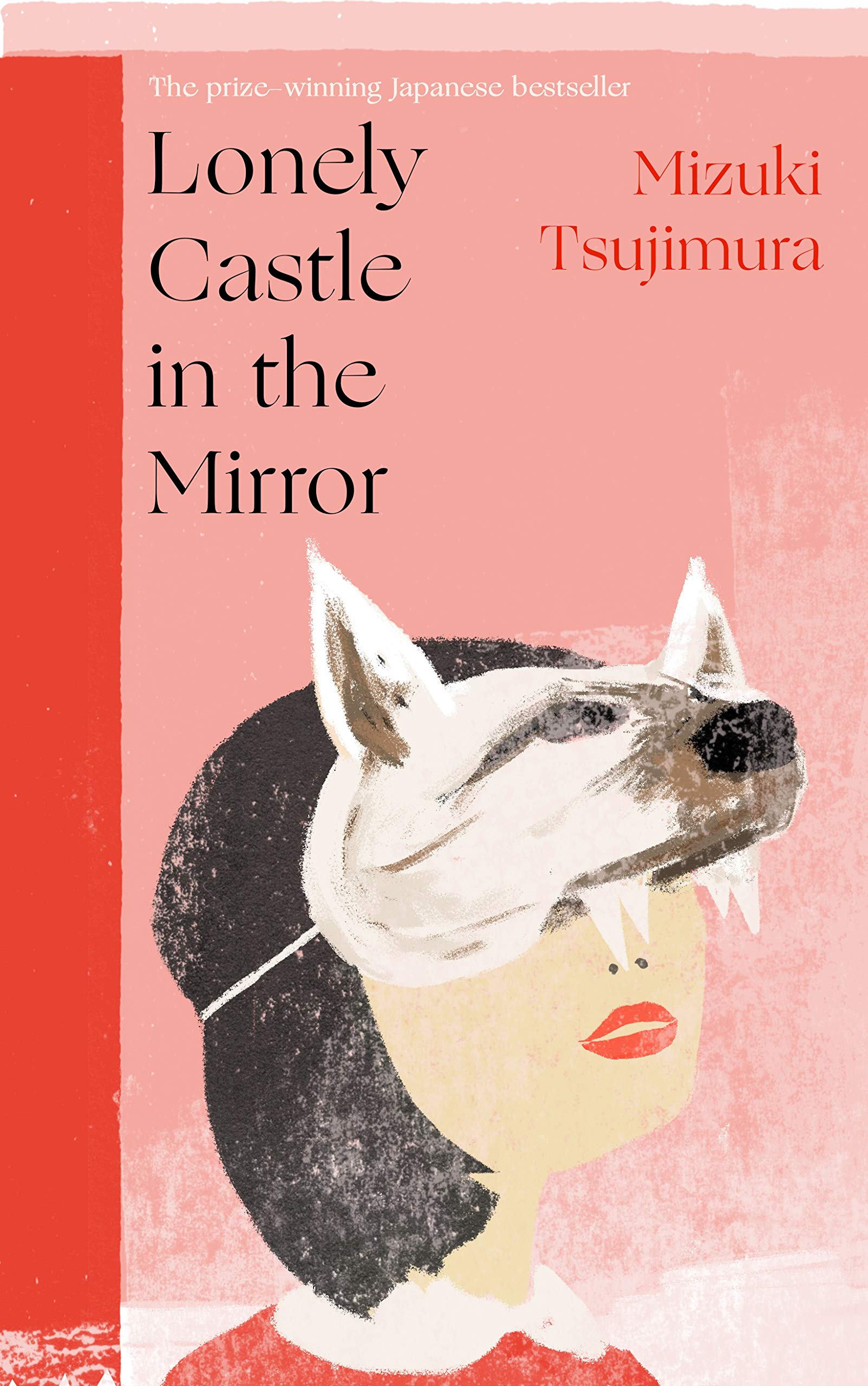
I started bawling in the last 1/3 of the book. I loved all the kids to bits, but Masamune was my favourite (he gives off Chilchuck energy). I'd say the main pitfall of this book is the writing style, how the exposition is just given to you straight, a tell not show situation. I predicted a fair amount of the plot twists in the book too. BUT there were also a handful of plot points I did NOT see coming :D
Oddly enough, I appreciated this predictability, as it allowed for the story to be really well connected and tied together. Below are some raw thoughts I had when reading:
MASSIVE SPOILERS!
- Mio plays the Wolf Queen because she didn't get to play the role in the school play DUE TO HER ILLNESS!! And the castle never ran more than once, only for that ONE YEAR which coincided with the last year before her death. AND THE CASTLE IS THE DOLLHOUSE (no water, gas etc). AND SHE BROUGHT KIDS TO PLAY WITH RION BECAUSE HE WANTED TO GO TO THAT SCHOOL.
- AKIKO IS MS KITAJIMA OMG INOUE IS HER SURNAME BEFORE SHE MARRIED OH MY LORD NO
- PLEASE can we talk about the time travel hints? JESUS CHRIST MAN the malls, video games, EVEN WHEN MASAMUNE GOT FRUSTRATED AT HAVING TO EXPLAIN VIDEO GAMES TO THOSE FROM OLDER TIME PERIODS. AND THE WHOLE THING WITH MEETING THEM AGAIN JUST AT A DIFFERENT AGE YEAH OKAY AKIKO IS THEIR FREAKING COUNSELLOR!
- I know it's a magical realism book, but I need to know the logic behind Mio making her brother and 6 random kids from different periods her dolls essentially LIKE. Also why different periods??? Is it just to emphasise that children have been going through the same stuff since forever?
- Mio being the whole mastermind (GOD) behind this world (that SHE CREATED) and the alteration of time and the crossover of alternate timelines is giving MADDIE KIM FROM PANTHEON. PLEASE.

Set in Singapore during the Japanese Occupation in WW2, we learn of the lives of comfort women on the island and the lasting repercussions of war trauma on families and individuals generations after surrender. Though I was aware of comfort women in Korea, I did not know that the same horrors extended across the opposite end of the continent, during a time which my own grandmother would have been the same age.
Despite the heavy subject matter, I'm glad that I made this my first read of 2025. The story was compelling, and the narratives flowed well. I also enjoyed learning of the cultural references that are unique to Singapore. Reading this made me think of the current silent generation, and the histories that each of them carry, both as a burden, and a symbol of grit and survival.

I'd say the only downside to this book is that it was highly descriptive and hard to read at times, as well as the extremely character driven story. The interconnectedness of all the inhabitants of the sìhéyuàn and how their lives have been shaped by the Cultural Revolution is how I'd summarise this story. It felt like an analysis of personalities and an intricate observation of the people and reasons behind what they do and how they are.

I was initally very confused about the multiple narratives - especially our nameless philosopher/writer, but it suddenly hit me who was narrating and it all made sense (I flicked back and re-read the segments LOL). I ended up appreciating it a lot by the end, as well as the satisfying slices of happiness our protagonist is afforded. The dialogue on the "correct" way to grieve, and the performative nature of expressing your grief to others was extremely interesting. I also appreciated the discourse surrounding the 2019 lorry deaths in Essex and Thatcher's refugee policies.
I find myself reading the same Asian immigrant diaspora stories over and over again. Perhaps it is an attempt to reconcile my own identity.

I devoured this book in a week, reading it during any spare time I had. I must admit that it was the plot and drama that kept me engaged rather than the characters. This, combined with the vivid historical and dramatic descriptions of life in Việt Nam spanning the war to today, made it read like a biographical film.
I already had an inkling of what was to come in the story, but there were definitely plot points that I didn't see coming. Honestly, I felt that some of the said plot points were a bit underdeveloped and coincidental for convenience. Inevitably, it felt reminscent of "Miss Saigon" and "Madama Butterfly" with the whole "oriental girl falls in love with an American GI" story. I didn't cry while reading this, but I am left with a sense of emptiness for the events that unfolded and the scars that remain on the characters' lives.

To Uncle Matthew, Davey, and dearest Jassy, thank you for being the most lovable characters I have met this year. This book felt like being invited to a cosy family dinner and feeling immediately at home. I also just love the Radletts for their hatred of modern minimalist house decor (!!). The ending, though. Not expected. Nor necessary. My heart was broken, but I still loved the book with my entire being.

Frances, Frances, Frances. I need to create a page of every book character who I relate to because my GOD my need for academic validation was well-represented through her. And a page for lovable characters. *Cough* Aled Last *cough*.
Whenever I blog, I feel like Aled with his secret Universe City podcast LOL. I loved the exploration of asexuality and the rejection of university as the de facto first step into adulthood.

For better or for worse, this was the book that changed my writing style permanently - even beyond the creative realm. The deadpan narration coupled with needless yet vital descriptions and astute worldly observations was my introduction to translated literature. Keiko felt like looking into the mirror, as uncomfortable as that was. The decision she made at the end of the book reaffirmed that I must follow my own path in life - this book is a reminder of that.

I was today years old when I learnt that there was a Totto-Chan anime feature film released in 2023 (I'm going insane!!@#). This book was beyond gorgeous. I'll admit that it took me a while to get into it, but I devoured it after making it through the first few pages, in love with the childlike whimsy and naïvety.

I love you Margaret Atwood. Growing up has never felt more vividly painful. I liked this more than the Handmaid's Tale to be honest. A large portion of this book was brutal and bleak, but I felt deeply for Elaine's childhood experiences. Toronto is like her Pandora's box, full of harsh memories.

I hate that the final third of the book dropped off for me. The first two-thirds were so engaging. I loved Issak, Sunja, Noa, Mozasu and Kyunghee the most, and their lives in Japan was my favourite section of the book.
The contrast in lives between Noa and Mozasu from their upbringing was extremely intriguing too.

Despite being quite the depressing read, I found it to be very introspective regarding environmental and societal change, memories, and growing out of/surviving poverty.
Although the plot was minimal in my opinion, I liked this because it was very much like a love letter to the cities we once knew, the hometowns that were gentrified for economic re-development, and the memories lost in the process of destruction.

Magical realism in the form of dokkaebi (goblins) characterises this book as we follow Bugeye, a boy recently displaced with his mother to Flower Island, a landfill site used for government re-education programs. Past the undesirable nature of his reality, Bugeye escapes to worlds both imaginary and tangible to escape the unrelenting and apathetic society who has disposed of those like him.
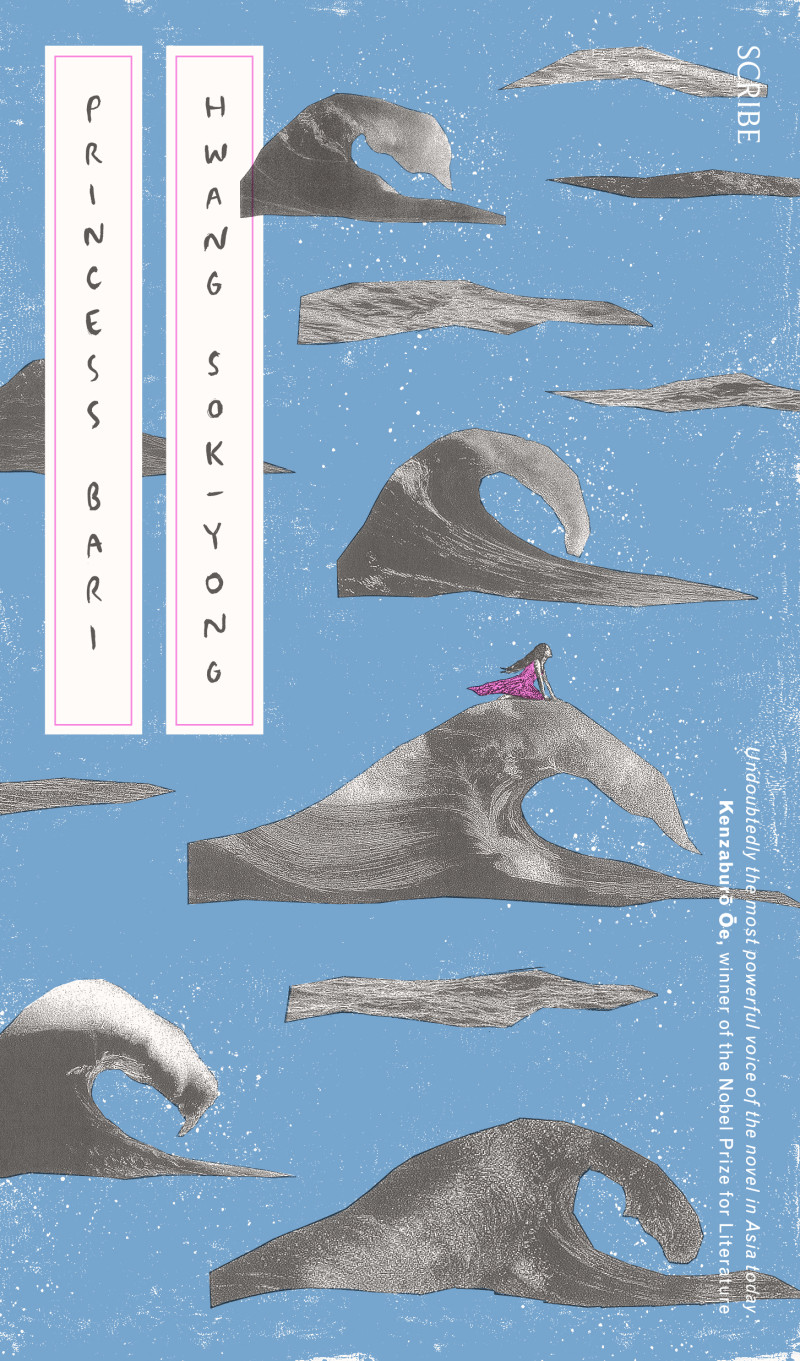
Reading of Bari's life in North Korea before the famine was beautiful and lusciously written. The many perils which she faces from China to London are characteristic of the immigrant journey story, but the magical realism was a nice addition.

This is my favourite translated Japanese book thus far. In terms of quotes, you best believe I'm highlighting the entire book. Aside from the emotional beauty of this book, I appreciated the opportunity to learn about the Japanese sanatoriums for leprosy patients, and the social prejudices that haunted the lives of the afflicted.
“People’s lives never stay the same colour forever. There are times when the colour of life changes completely.”